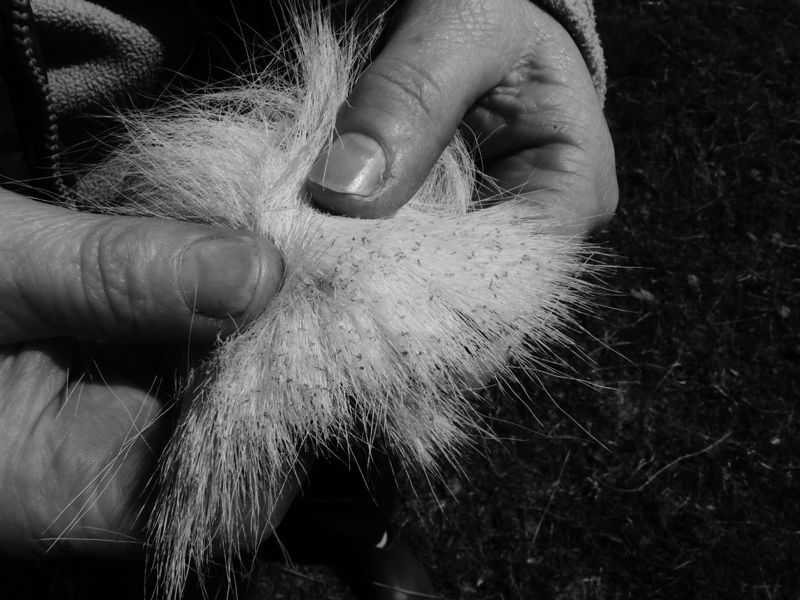

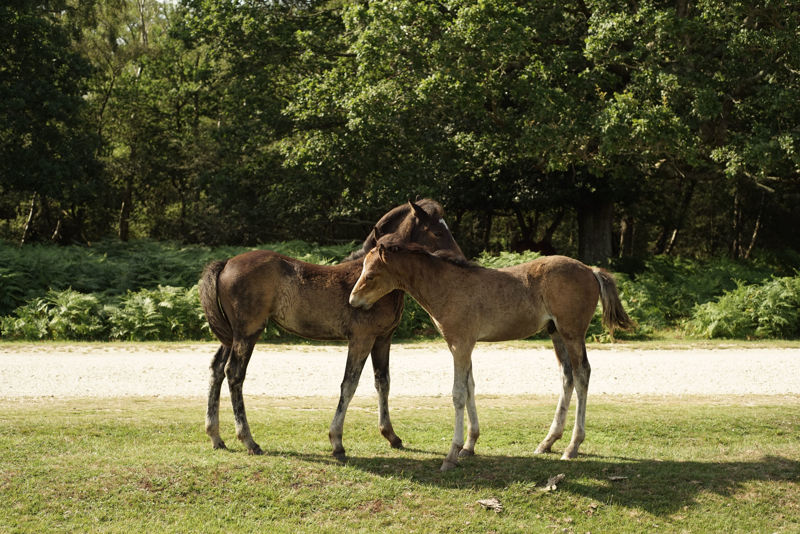
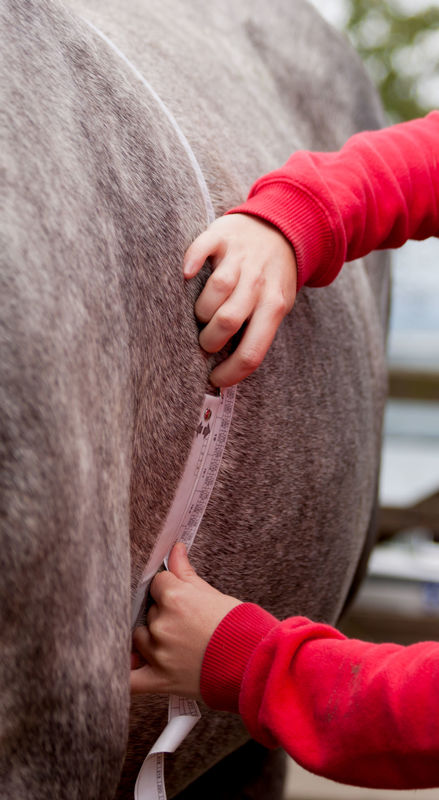
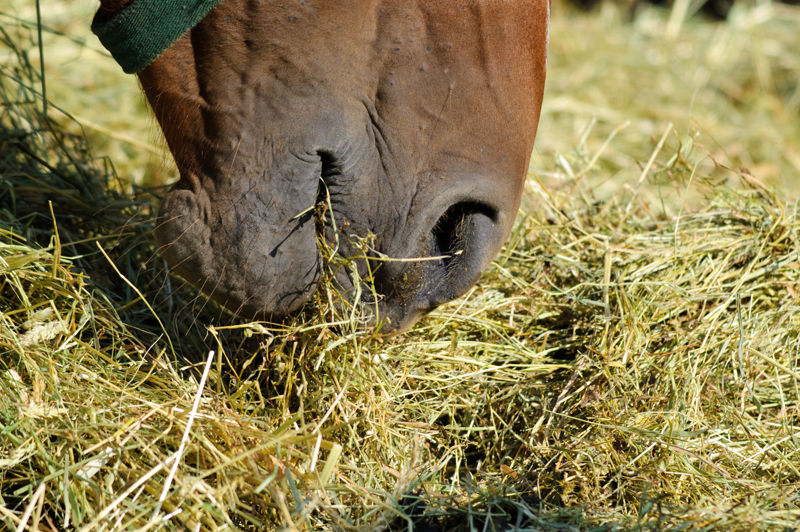
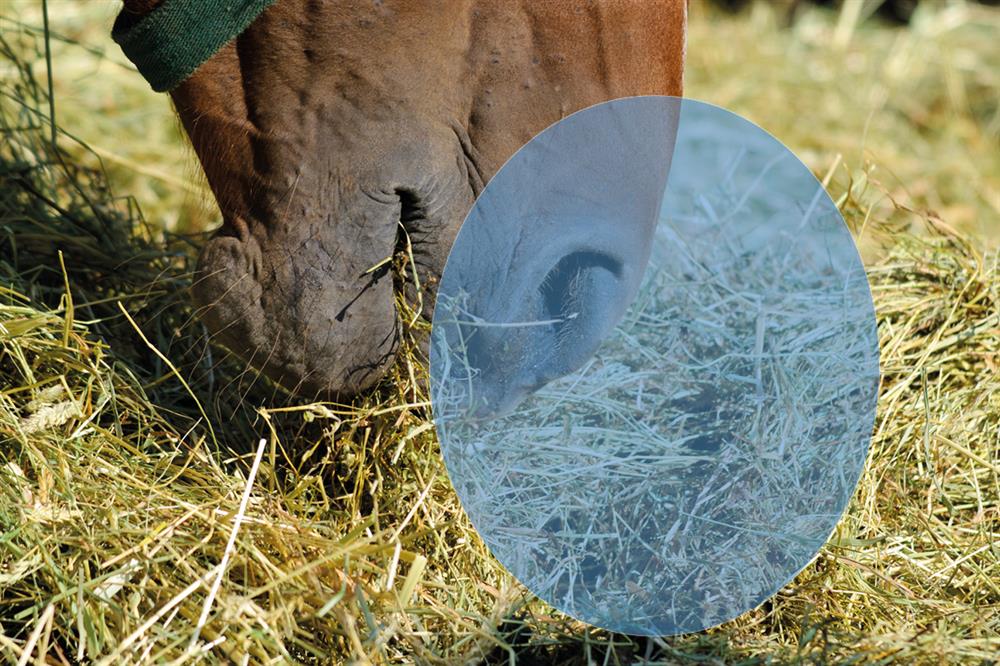
What is Equine Asthma? Dr Wood discusses the new terminology used for respiratory issues and explains how to optimise the function and health of your horse’s respiratory system. Read on to support clear breathing and optimal comfort…
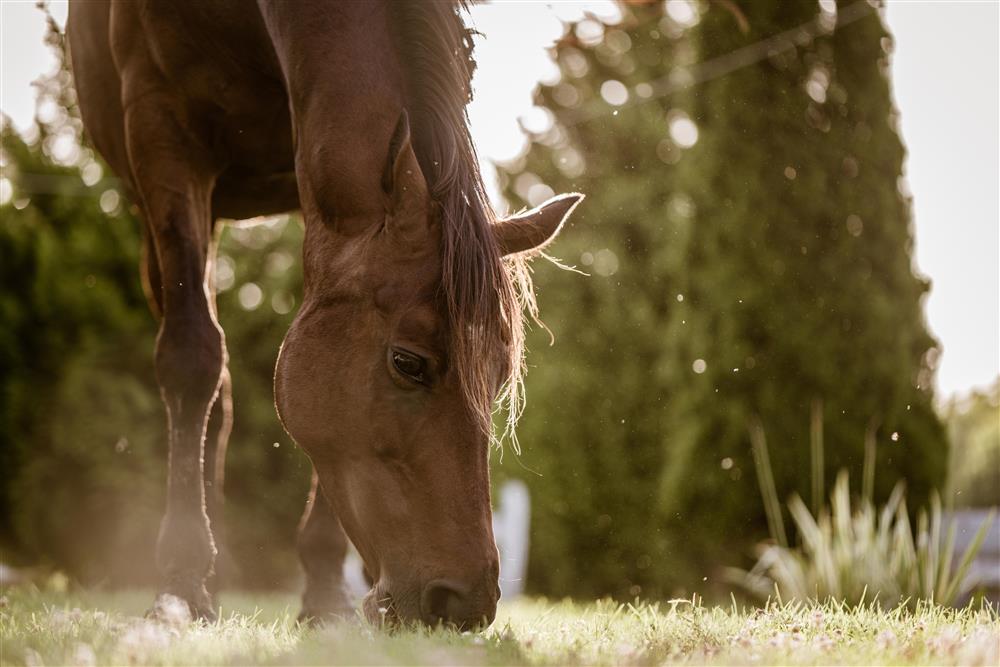
Maintaining an ideal weight can be very difficult for certain horses and ponies, particularly when fresh flushes of grass are appearing in paddocks.
Here are 9 helpful tips for managing overweight horses, promoting weight loss and optimising the diet to provide essential nutrients without excess calories.
Our Senior Nutritionist investigates equine feed balancers, how they differ from general vitamin and mineral supplements and what types of horses may benefit from them. Whether you have a good doer, competition horse, or a pony on box rest, find out whether a balancer would suit your horse’s diet…
Our Nutritionist explains protein and why it's essential within your horse's diet, as well as useful advice on helping your horse to develop muscle safely and optimising your horse's nutrition to build topline correctly.
Your horse's skin is incredibly important as not only does it offer protection, but it is the horse’s first line of defence from external factors of the environment. Our Nutritionist discusses skin conditions and explains what you can do to encourage optimal skin and coat health for your horse.